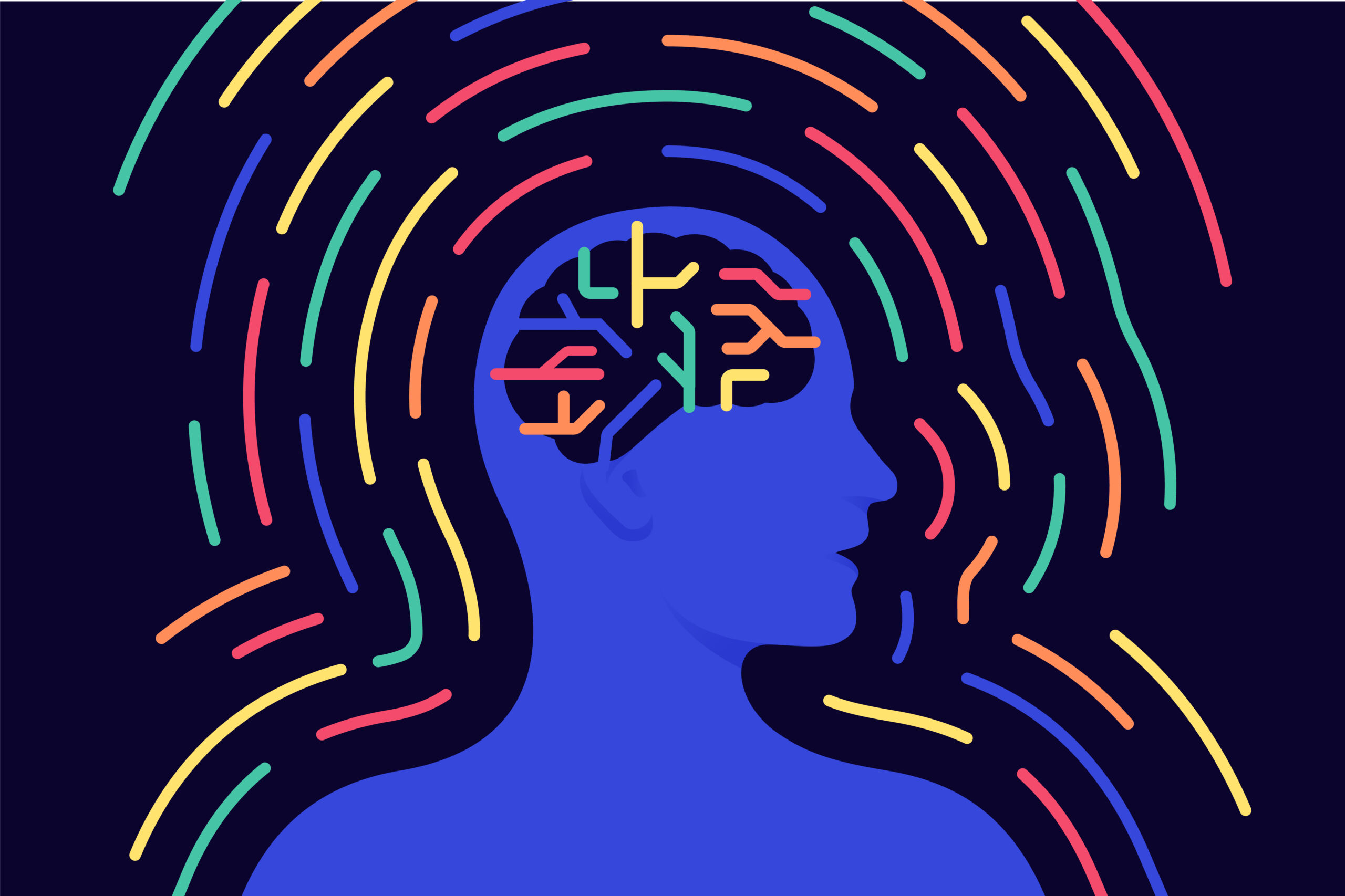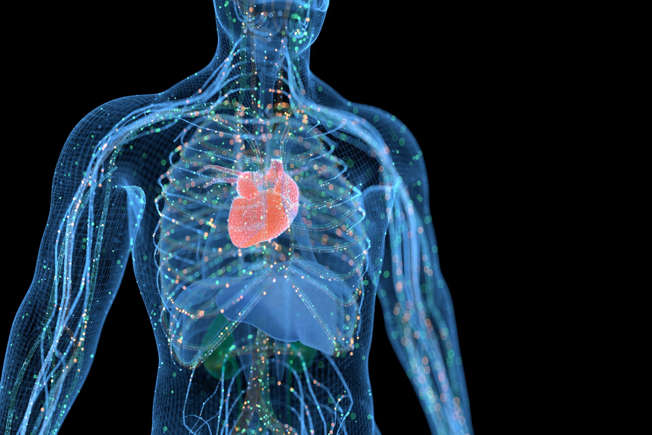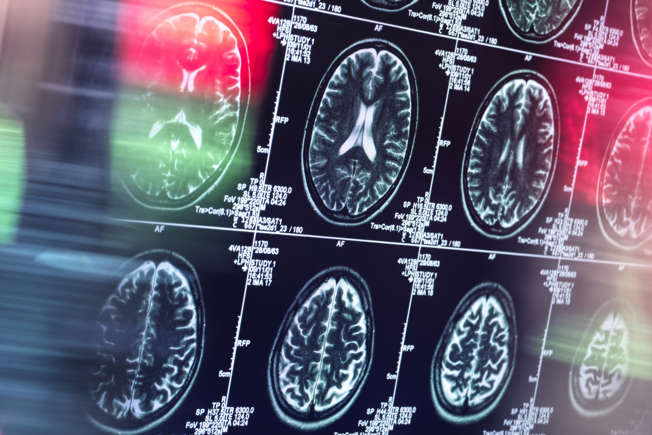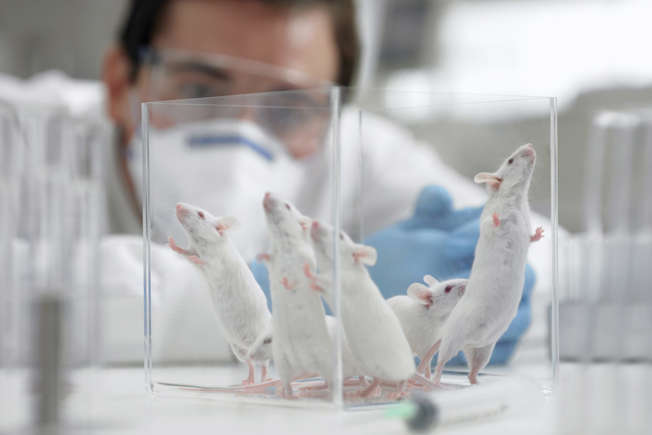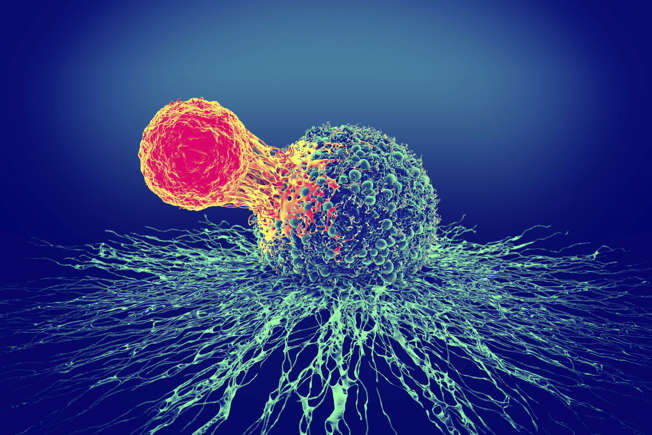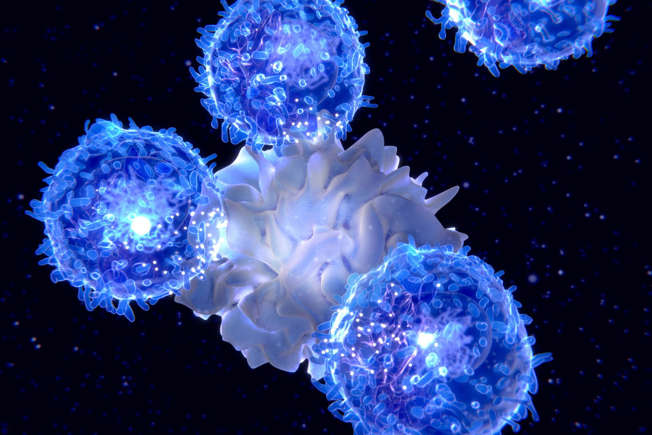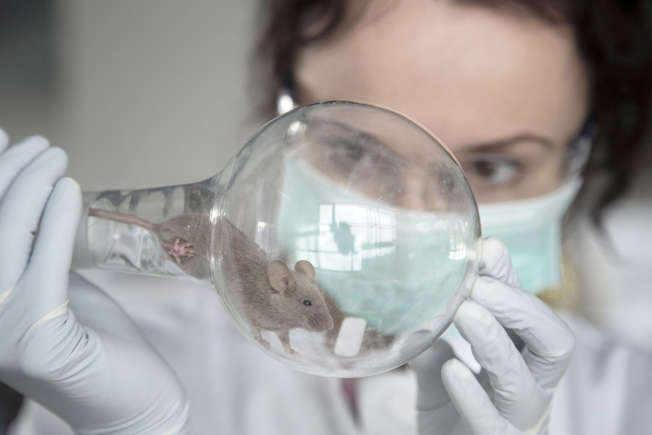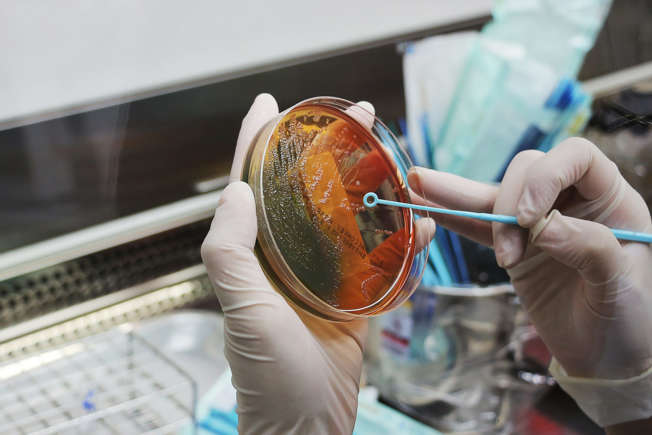
Researchers have made a lot of weird and interesting discoveries in 2023 but one of the most interesting might be that there actually is something like a mind-body connection when it comes to the immune cells in your gut and your likelihood of feeling depressed. Here’s what was uncovered
Immune cells in your gut might cause stress-induced depression according to a March 2023 study from researchers at Johns Hopkins Medicine. Luckily, this worrying discovery provided doctors and psychiatrists with a new insight into how to treat mental disorders.
Doctors have long understood that our immune system works in collaboration with our gut microbiome to keep the human body in balance according to the team of researchers from Johns Hopkins Medicine, who published their interesting findings in the journal Nature Immunology.
Unfortunately, the process of keeping your body in balance can also have unintended consequences—a prime example of which is how our response to stress can affect the body and brain.
“Stress alters the microbiome composition, leading to impaired brain function,” the Johns Hopkins researchers wrote in their study, conceding, however, that “how the intestinal immune system mediates these effects remains elusive,” at least until now.
According to a press release from Johns Hopkins about the study at the time, researchers found during mice and human experiments that a particular type of immune cell found in their subject’s bodies had a significant and specific impact on their gut microbiome, which in turn affected their levels of social avoidance.
“The results of our study highlight the previously unrecognized role of intestinal gamma delta T cells (γδ T cells) in modifying psychological stress responses,” said Dr. Atsushi Kamiya, one of the senior authors of the study.
Luckily, the discovery that gamma delta T cells could affect our mental health not only added to our scientific understanding of complex psychological disorders but also provided doctors and researchers with a potential new avenue for providing solutions.
In their study, the researchers noted that if doctors could target the changes being made by immune cells in the gut with drugs or other therapies, it could provide our world with a new and more effective means of treating depression and social avoidance behaviors.
Dr. Kamiya identified dectin-1, a protein receptor found on the surface of gamma delta T cells, as being of particular importance for developing future gut-related depression treatments since it appeared to regulate stress-induced behaviors in test subjects.
“Dectin-1 binds to certain antigens, or proteins, to signal immune cells to activate in specific ways,” the John Hopkins press release read.
“This receptor, the researchers say, may be involved in the microbiome alteration and immune-inflammatory responses in the colon of mice,” the press release added.
Dr. Xiaolei Zhu was the lead author of the study and explained that the research showed how stress would increase the number of gamma delta T cells in their rodent test subjects, which would then lead to an increase in their social avoidance behavior.


